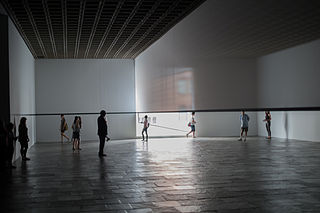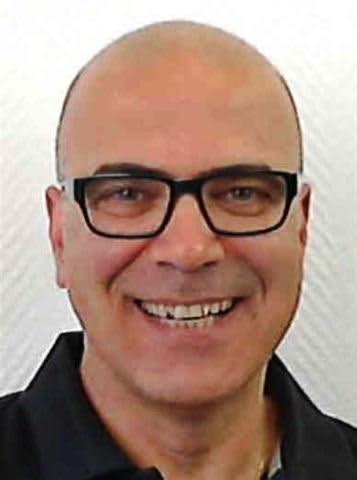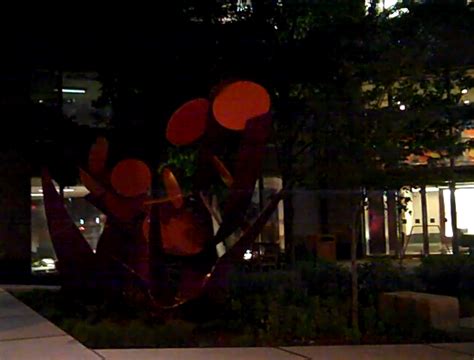A Quote by Robert Irwin
To be an artist is not a matter of making paintings or objects at all. What we are really dealing with is our state of consciousness and the shape of our perceptions.
Related Quotes
Many quantum physics are realizing or hypothesizing that consciousness is not a byproduct of evolution as has been suggested. Or for that matter, an expression of our brains, although it expresses itself through our brains. But consciousness is the common ground of existence that ultimately differentiates into space, time, energy, information and matter. And the same consciousness is responsible for our thoughts, for our emotions and feelings, for our behaviors, for our personal relationships, for our social interactions, for the environments that we find ourselves in, and for our biology.
What is the possible benefit? Can this material save lives? Can it improve the quality of life in Iraq? Can it tend to shape our perceptions of how war should and should not be conducted? Can it shape our perceptions of who should be conducting war and in what manner? And the answer to that is a clear yes.
In my paintings, the question on whether figures are similar or not is not of any importance, the slightest change of figure or color can create a new painting and it doesn't really matter if a subject is revisited by an artist repeatedly. With enough time in between paintings, an artist can always bring to it something new.
Since consciousness is the basis of all reality, any shift in consciousness changes every aspect of our reality. Reality is created by consciousness differentiating into cognition, moods, emotions, perceptions, behavior, speech, social interactions, environment, interaction with the forces of nature, and biology. As consciousness evolves, these different aspects of consciousness also change.
The only reality we can ever truly know is that of our perceptions, our own consciousness, while that consciousness, and thus our entire reality, is made of nothing but signs and symbols. Nothing but language. Even God requires language before conceiving the Universe. See Genesis: “In the beginning was the Word.
More than anything else, kindness is a way of life. It is a way of living and walking through life. It is a way of dealing with all that is-our selves, our bodies, our dreams and goals, our neighbors, our competitors, our enemies, our air, our earth, our animals, our space, our time, and our very consciousness. Do we treat all creation with kindness? Isn't all creation holy and divine?
We are completely unaware of our true nature because we identify ourselves with our body, our emotions and our thoughts, thus losing sight of our unchanging centre, which is pure consciousness. When we return to our true nature, our thoughts and perceptions no longer appear as modifications of a single substance, they come into being and subside like waves of the ocean.
As you are aware, no perceptions obtained by the senses are merely sensations impressed on our nervous systems. A peculiar intellectual activity is required to pass from a nervous sensation to the conception of an external object, which the sensation has aroused. The sensations of our nerves of sense are mere symbols indicating certain external objects, and it is usually only after considerable practice that we acquire the power of drawing correct conclusions from our sensations respecting the corresponding objects.
From the standpoint of our spiritual development, it might be important for us to realize that we came from an unknown somewhere; we brought with us an attained state of consciousness; and while we are here, we are expanding that consciousness. From some perspectives, it may seem that we are making giant strides, but from the greater overview, our quantity of spiritual knowledge is smaller than Ptolemy's knowledge of astronomy!







































